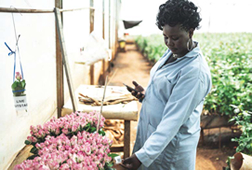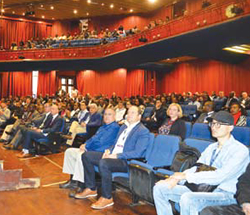
The 1979 film ‘Being There’, is the only screen performance for which actor Peter Sellers won an Oscar. Seller portrays a simple minded gardener turned from a sheltered existence into the harsh realities of life. Through a series of mishaps and misunderstandings, the gardener became a highly respected policy adviser to the president of United States.
The thinking on which the character builds his reputation and gains recognition as an authority is the simple philosophy that politics and business are very much like a garden-find or make the right sort of soil, plant it well, nurture it, feed it, and it will reward you well by providing for you year upon year.


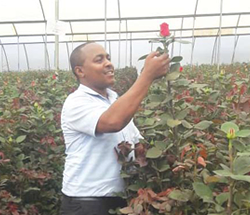
 This Valentine’s Day many people bought flowers for their significant other without a lot of thought as to where those flowers came from. International trade, however, has a huge part to play in keeping the UK’s florists stocked with fresh cut flowers.
This Valentine’s Day many people bought flowers for their significant other without a lot of thought as to where those flowers came from. International trade, however, has a huge part to play in keeping the UK’s florists stocked with fresh cut flowers.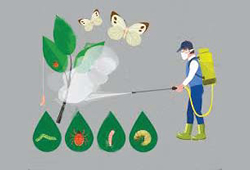 If it is possible to learn from the mistakes of others, a moment has come for our parliamentary committees and the Ministry of Agriculture to take a good look at Sri Lanka. For, what better way to implement great policies than by seeing their impact beforehand?
If it is possible to learn from the mistakes of others, a moment has come for our parliamentary committees and the Ministry of Agriculture to take a good look at Sri Lanka. For, what better way to implement great policies than by seeing their impact beforehand?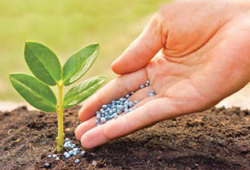
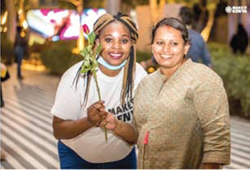 Kenya prides herself of a blooming flower sector and partnered with fourteen (14) pavilions at Expo 2020 Dubai to distribute one million branded red roses this Valentine’s Day as the world celebrated love the Kenyan way: “From Kenya with love.”
Kenya prides herself of a blooming flower sector and partnered with fourteen (14) pavilions at Expo 2020 Dubai to distribute one million branded red roses this Valentine’s Day as the world celebrated love the Kenyan way: “From Kenya with love.”